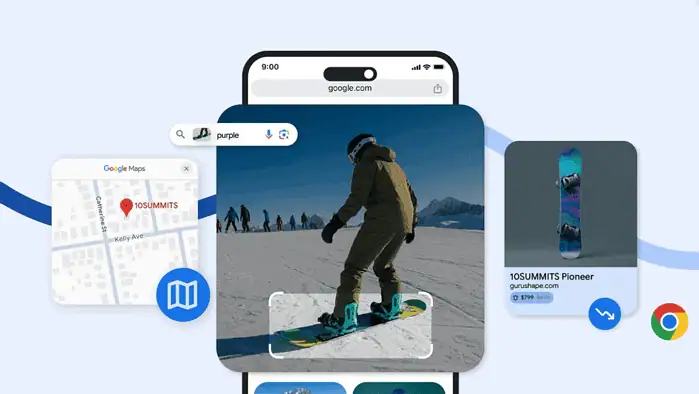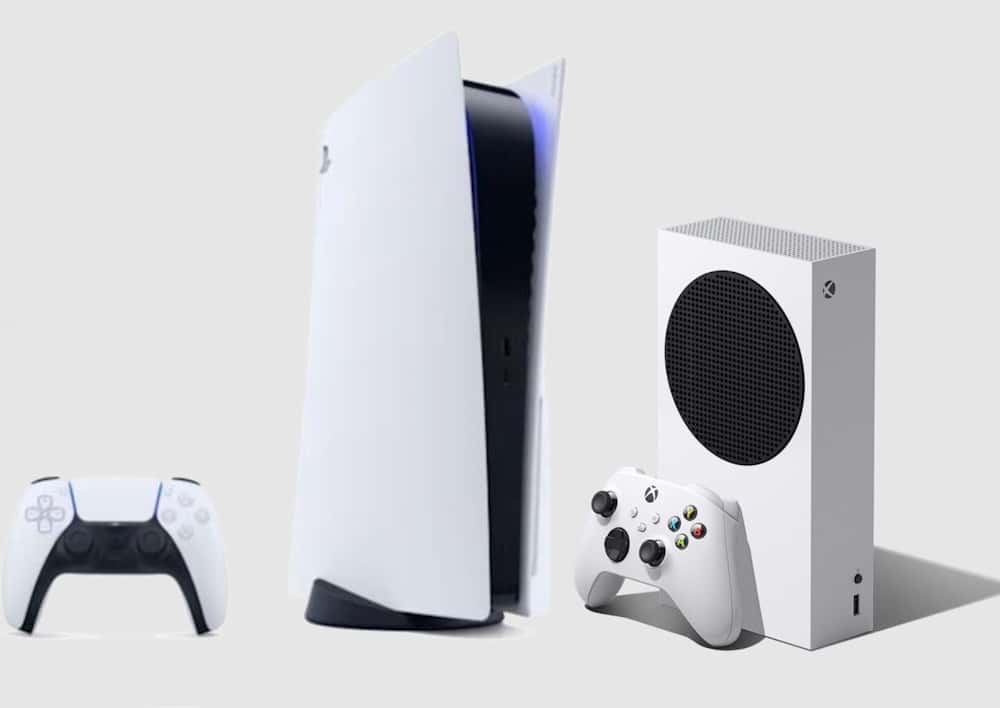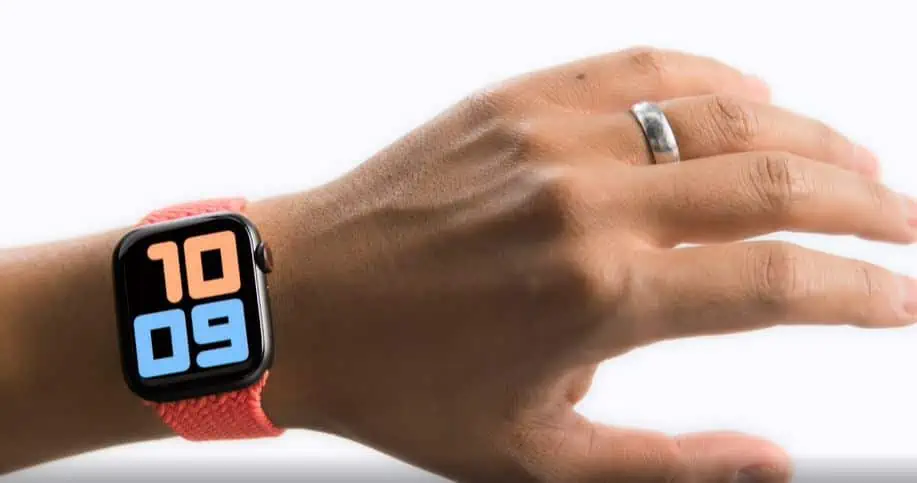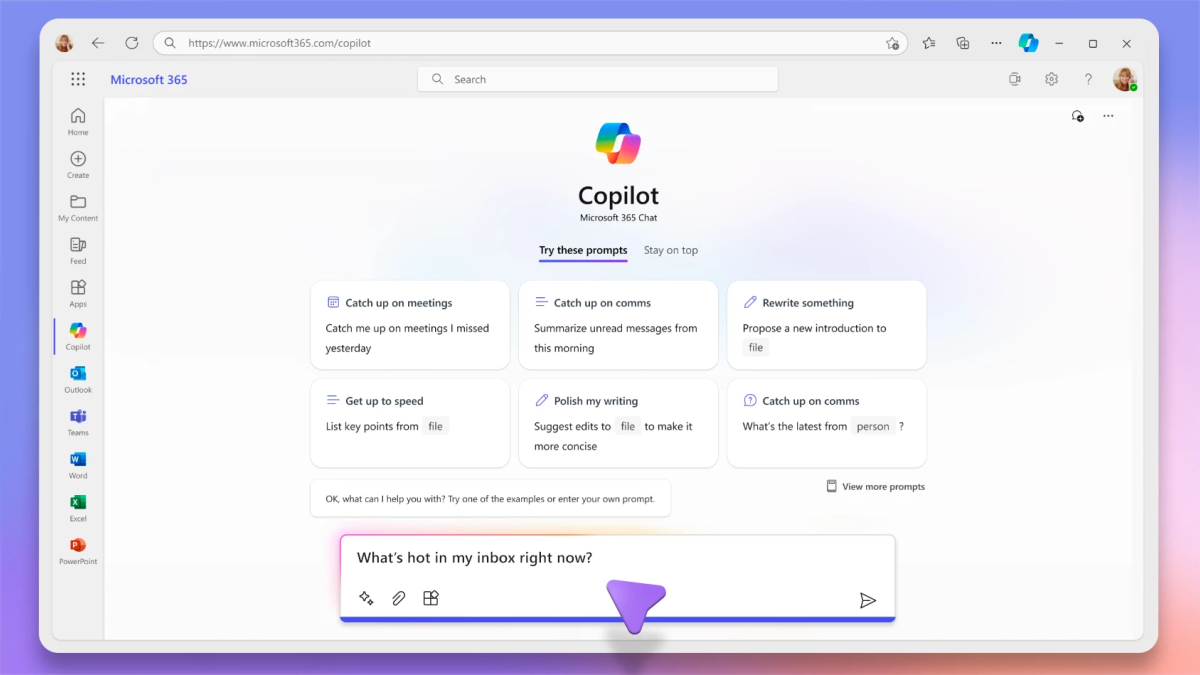A week with the Cortana-powered Harman Kardon Invoke
8 min. read
Published on
Read our disclosure page to find out how can you help MSPoweruser sustain the editorial team Read more

A Cortana-powered speaker, the $199 Harman Kardon Invoke, finally launched last week. I have been using the device for more than a week now, and here’s my experience with the product.
Setting up the Invoke is mostly a breeze. The device takes only a few minutes to connect to your Windows 10 PC, Android phone or an iPhone, and you are even able to use the Cortana app on your phone to control some of the features of the device. The app lets you control Spotify playback (though you can do that with the Spotify app itself), and there’s a section that lets you see your voice search history, too. There’s a tiny problem with the Invoke however: once I connected it to my Windows 10 device, it failed to connect to the Wi-Fi a day later. I wasn’t able to fix the issue without resetting the device. It’s a little annoying.
Cortana on the Invoke is fantastic for the most part. Just like on other platforms, Cortana make to-do lists, set reminders, manage your calendar, tell you jokes, keep you updated with news, sing you a song, and much more. If you happen to be exporting an Invoke from the United States to another country, you should be aware that there’s an interesting issue with Cortana. For some reason, Cortana triggers reminders/alarms an hour later than the actual time they were set to trigger on. There are quite a few Cortana Skills at the moment, but Microsoft’s collection of Cortana Skills isn’t anywhere close to Amazon Echo’s colossal selection of Skills.
I have never actually liked the idea behind smart speakers. I mean, it’s great to be able to control your speaker and check the reminder with your voice from anywhere in your room, but you can do that on your phone without paying anything extra. Turns out, I was wrong.
Having a virtual assistant to talk to whenever you need to is pretty amazing. You can just ask it to remind you of a thing that you keep forgetting, or you can simply ask it to play your favourite playlist on Spotify. That’s what’s really the best part of the Invoke: it’s speakers.
I love what Microsoft and Harman Kardon have done with the Invoke. For one, the speaker on this thing sounds really impressive. There are three 1.75-inch woofers and three 0.6-inch tweeters on the Invoke which are supposed to offer a premium audio quality, and they don’t disappoint here at all. Speakers aren’t just about sounding amazing, though, and software has a lot to do with providing a premium experience.
While the Invoke doesn’t support most of the major music streaming services like Apple Music or Google Play Music, it does support Spotify. And the Spotify integration here is perfect. You can ask Cortana to play a track, a playlist, your discover weekly tracks, and more. Cortana will be able to play almost anything you want to listen to on Skype, and the speaker also lets you control the playback using your voice. You can say things like “play the next track” or “play the last track again” which is very neat. It’s possible to control the volume of the speaker using your voice alongside the physical dial on the top of the speaker as well. I did notice an annoying problem with the Invoke’s Spotify integration, though: Cortana usually fails to add a track to your Spotify library. When you ask the assistant to add the current song to your library, it will just fail. The issue occurred more than once for me, but as this is only a software issue, it’ll likely get sorted out soon.
As the Invoke’s built-in speaker is already excellent, there isn’t any option to connect the speaker to an external speaker. But the speaker does have a built-in Bluetooth function which lets you play anything from your phone or your computer. The Bluetooth function is particularly useful when you are listening to something on a service that’s not available on the Invoke – and if you are like me and watch a lot of content on YouTube, you will probably end-up using Bluetooth to play the music from your computer on your Invoke quite a lot. The bluetooth feature can be enabled using the bluetooth button on the back of the Invoke – but the literal gamechanger for me was when I discovered you can actually ask Cortana to enable bluetooth on the device and pair with your computer/phone.
Now let’s talk about the microphones: there are seven microphones on the Invoke. These microphones are supposed to pick up your voice from almost anywhere in the room. While I have seen others reporting a great experience with the Invoke’s microphone, I have experienced some problems on mine. In the beginning, Cortana was able to pick up my commands from almost anywhere in the room. It didn’t have any issue triggering when I said “hey cortana” but after more than a week later, things aren’t looking that great. For some reason, Cortana is unable to pick up my voice at times – especially when I try to trigger the assistant with the hotword.
What’s even more weird about the Cortana’s hotword detection is how it keeps activating Cortana by itself. Even when my room is dead quiet, and I am watching a show on Netflix, Cortana activates by itself and start listening to me. This has happened more than once, and it’s come to a point where I just want to disable the Cortana activation sound when it starts listening to me. It keeps getting worse, though: Cortana even activates by itself when I’m listening to music via Spotify, muting the music for a few seconds. I tried placing the Invoke in a different part of my room, but that didn’t help solve the issue. A hard reset could help fix the problem, but that’s not something you’d expect from a premium speaker which I already had to reset on the 2nd day of usage.
A major feature of the Invoke is the Skype integration. The speaker comes with unlimited free calls to phones and landlines in North America. Calling someone on Skype works perfectly fine, and the audio quality is excellent on both sides. I briefly tested the calling ability today, and I was told that my sound quality is crystal clear on the call. What’s pretty neat is that you can actually interact with Cortana while you are on a call. So for example, if you are on a call with a friend and want to quickly search for something like your calendar or add a reminder. When you activate Cortana and start interacting with it, only you will be able to hear its responses. The person on the other side of the call won’t hear Cortana’s responses, which is kind of neat but it would be much better to have an option which lets you disable this feature in some calls.
Invoke can control your smart home through Cortana’s Connected Home feature, too. However, I wasn’t able to test Cortana’s smart home abilities on the Invoke as I don’t have any of the smart home devices supported by Cortana at the moment. As the feature works via Cortana, it shouldn’t have any issues, though. It is a bit limited at the moment as you can’t set up groups for different lights or other smart devices, so that could be an issue for those who have a lot of smart lights and other similar gadgets.
At the end of the day, the Invoke is still an outstanding smart speaker. Yes, it’s more expensive than the Amazon Echo and has a significantly weaker collection of third-party skills, but it still delivers a premium experience because of the powerful speakers. The device looks beautiful from almost every angle, Cortana works perfectly for the most part, Skype calling is superb, and the speakers sound amazing. And if you aren’t too happy with the $199 price, you might just want to wait for the holidays to get a discount. Microsoft is selling the device for $129 to its business customers as part of a sale through the holidays, so there’s a high possibility of the price cut coming to regular customers as we get closer to the holidays.













User forum
0 messages